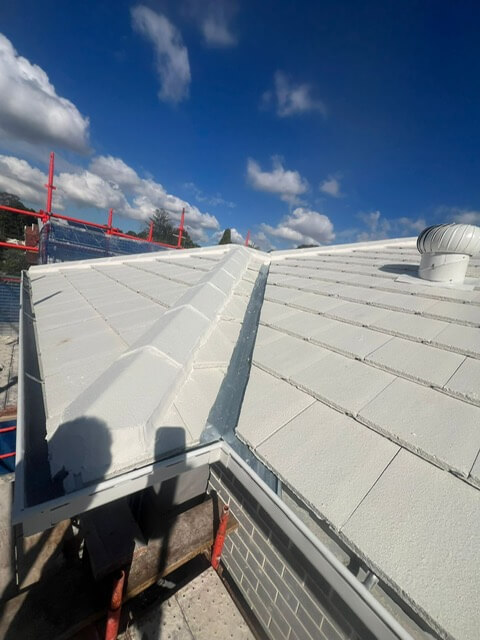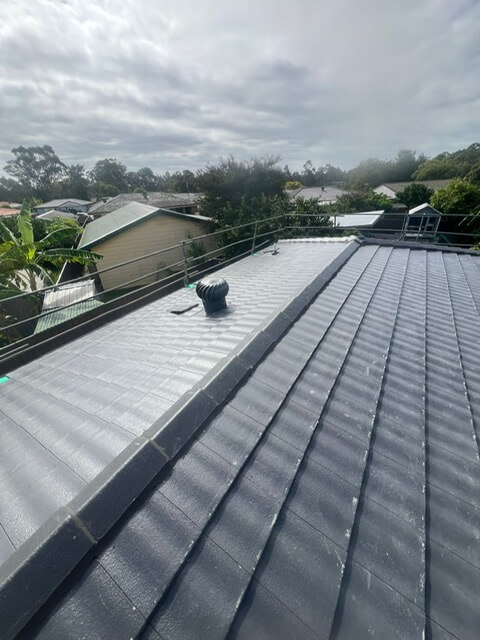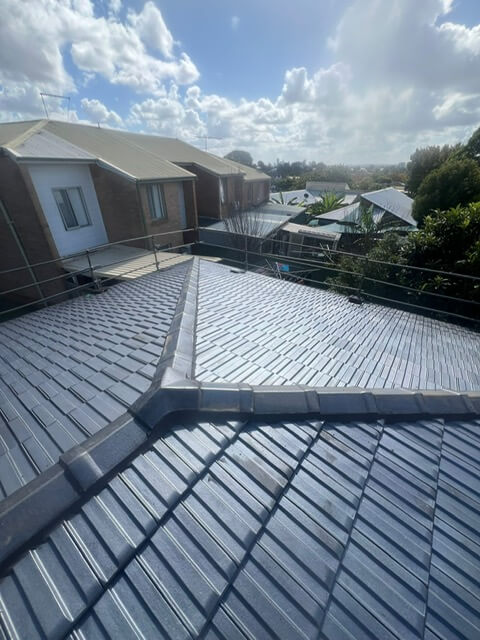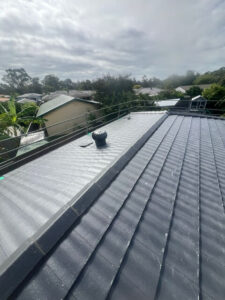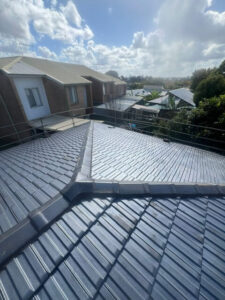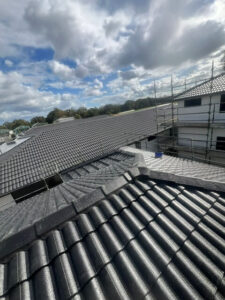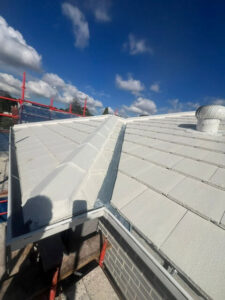A solid, reliable roof is one of the most important investments for any business property. Whether you own a retail shop, warehouse, or office, your roofing needs to withstand Australia’s tough weather while protecting your assets, staff, and customers. But how can you ensure your business has roofing that truly works? Here are some essential tips to help you achieve durable and dependable roofing tailored for your commercial needs.
Choose the Right Roofing Material
The first step to reliable roofing is selecting the right materials. Australia’s climate varies significantly across regions — from tropical humidity to harsh sun and heavy storms. Materials like Colorbond steel are highly popular for commercial roofs because they are lightweight, durable, and corrosion-resistant. Tile roofing is another option, offering excellent insulation and a classic look, but it requires proper installation and maintenance. Discuss your specific location and business requirements with a roofing professional to pick materials that balance longevity, cost, and performance.
Hire Experienced Roofers
Reliable roofing comes down to quality workmanship. Engage a roofing company with proven experience in commercial projects. Skilled roofers understand the complexities of large-scale roofs, including proper sealing, flashing, and drainage. This expertise helps avoid leaks, structural damage, and costly repairs down the line. Always check for licences, insurance, and customer reviews before committing.
Regular Maintenance Is Key
Even the best roofs require regular maintenance to stay in top condition. Schedule inspections at least twice a year and after extreme weather events. Look for damaged tiles, rust, blocked gutters, and worn seals. Prompt repairs prevent minor issues from turning into major problems, extending the lifespan of your roof and maintaining a safe environment for everyone in the building.
Invest in Energy Efficiency
Modern roofing options can also improve your business’s energy efficiency. Reflective coatings and insulated roofing materials reduce heat absorption, lowering cooling costs in summer. In the long run, energy-efficient roofing not only saves money but also helps your business reduce its environmental footprint.
Plan for Future Growth
Consider your business’s future when planning roofing work. Will you need to install solar panels, rooftop HVAC units, or additional insulation? Choosing a roofing system that can accommodate these upgrades will save time and money later.

